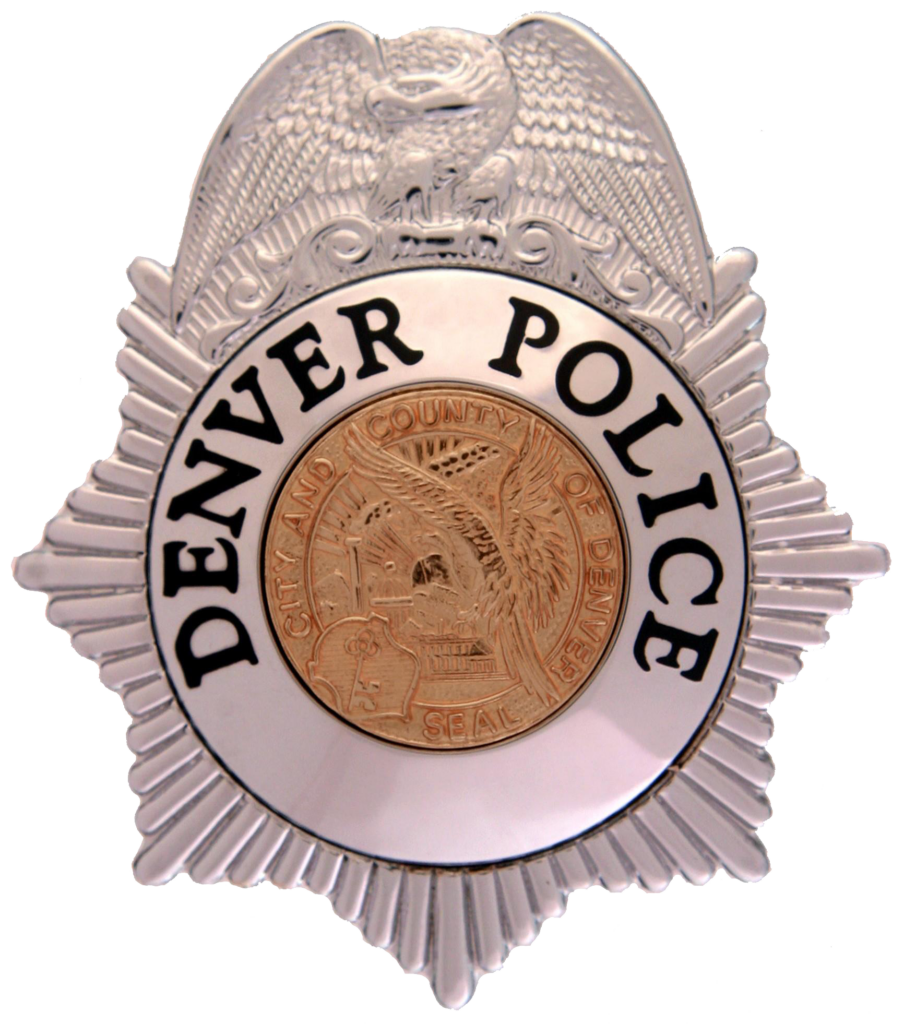
Victims of identity theft or lost/stolen/counterfeit/compromised checks or credit cards should take the following steps:
Content provided by the Denver Police Department Financial Crimes Unit
1.) Contact the bank, financial institution or other institution where fraud occurred, close the affected account(s) and complete Affidavits of Forgery/Fraud for all unauthorized charges or fraudulent accounts, which will assist financial institutions to process your claims (most banks, financial institution or collection agencies may also request a Police Report and Case Number).
2.) Complete a police report in your home jurisdiction or where the crime occurred (In Colorado, the jurisdiction in which you live is required to complete a report under House Bill 04-1134). Reports Titled (in Denver):
- Lost/Stolen Checks
Lost, stolen, compromised, counterfeited checks or unauthorized charges on a checking or savings account.
- Lost/Stolen FTD
A financial transaction device (FTD) is any device or method used to make an electronic payment or transfer funds. Lost, stolen, compromised. Internet or any unauthorized charges on a credit, debit or Quest (EBT) card.
- Identity Theft
Person knowingly using another person’s personal identifying information, financial information, financial identifying information or financial device without permission or lawful authority to obtain cash, credit, property, services, or any other thing of value or to make a financial payment.
3.) Notify the following agencies (if applicable)
Equifax Fraud Line – 800 525-6285 (check your credit and put a fraud alert on your name and Social Security number) www.equifax.com
Experian Fraud Line – 888 397-3742 (check your credit and put a fraud alert on your name and Social Security number) www.experian.com
TransUnion Fraud Line – 800 680-7289 (check your credit and put a fraud alert on your name and Social Security number) www.tuc.com
Federal Trade Commission ID Theft Hotline – 1-877 438-4338 or www.identitytheft.gov
IRS Taxpayer Guide to Identity Theft – http://www.irs.gov/uac/Taxpayer-Guide-to-Identity-Theft
Social Security Fraud Hotline – 800 269-0271 (if your Social Security number is involved for the purpose of working) https://oig.ssa.gov or 1-877-438-4338 to report identity theft and a get a recovery plan
Colorado Department of Revenue (if your license or ID is involved) – https://dmv.colorado.gov/fraud/identity-theft
Postal Inspector (if mail is involved) find your local inspector at: https://www.uspis.gov/report
Colorado Attorney General – (website for victims of identity theft) https://www.stopfraudcolorado.gov/fraud-center/identity-theft.html
Colorado Bureau of Investigation – https://www.colorado.gov/pacific/cbi/identity-theftcyber-crimes
4.) Follow up with a second credit check at a later time and monitor accounts. Minimize risk by:
- Shredding trash (checks, junk mail, and personal documents) with a cross-cut or confetti shredder.
- Securing your mail and removing mail from mailbox as often as possible.
- Minimizing financial and personal information carried on person or in public, especially your SS#.
- Not leaving purses/wallets unattended in vehicles or in public.
- Opting out of credit card solicitations.
- Not giving personal or account information via phone/internet or in person to anyone unless it is necessary and you know who you are speaking to and you made the contact.
- Being aware of scams such as Colorado Lotto Scam, Canadian Lotto/Sweepstakes scam, Jamaican Switch, eBay/Craigslist and similar scams, check cashing scams, repair scams and phishing.


